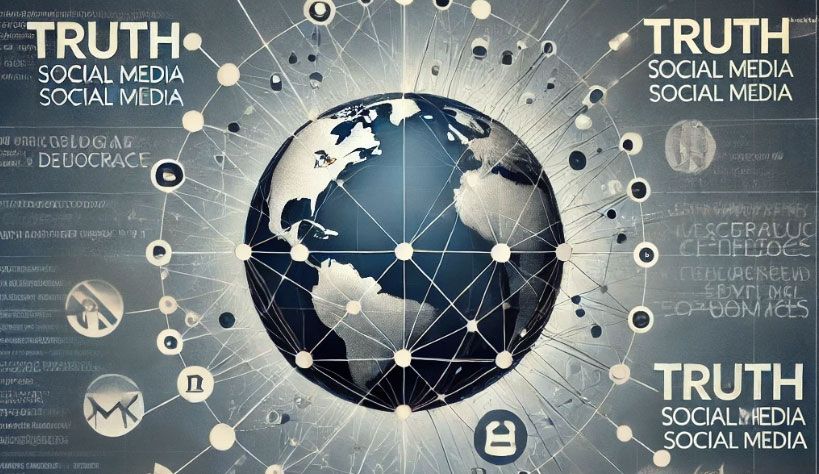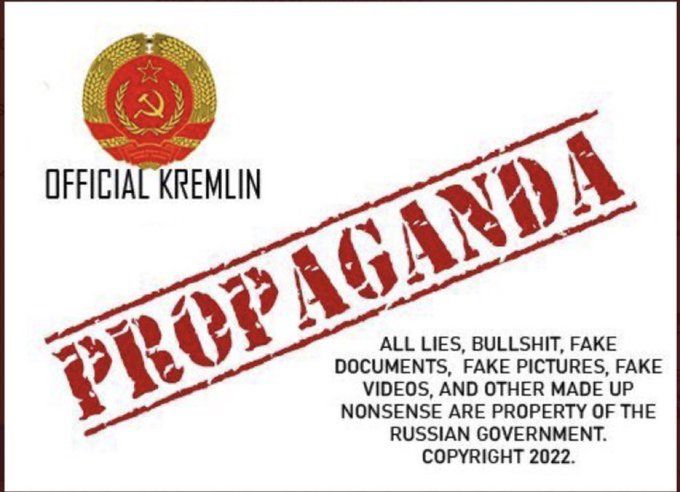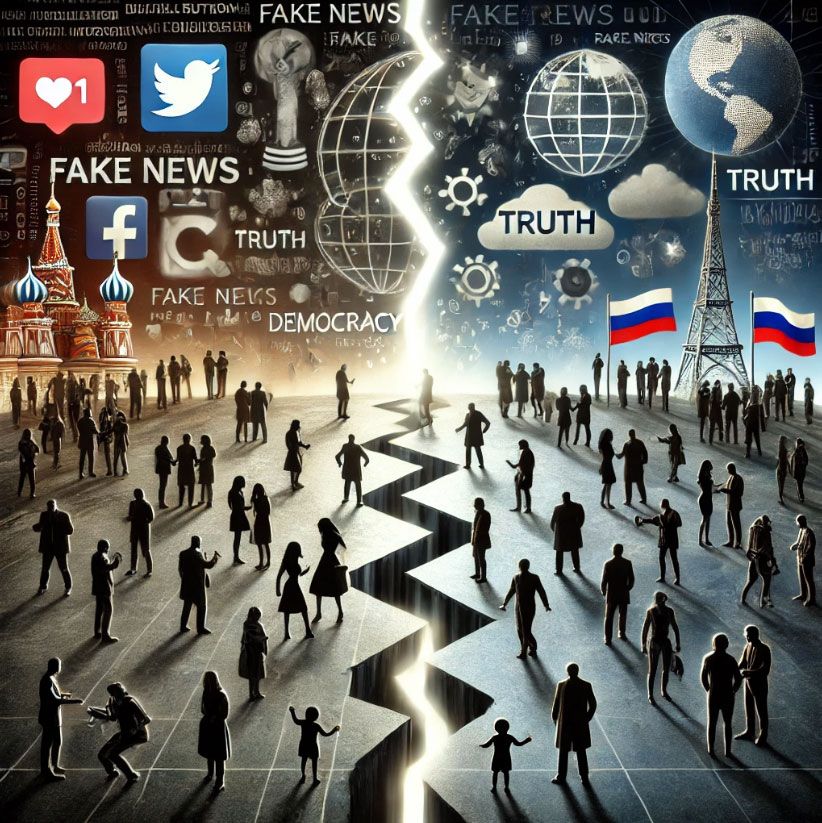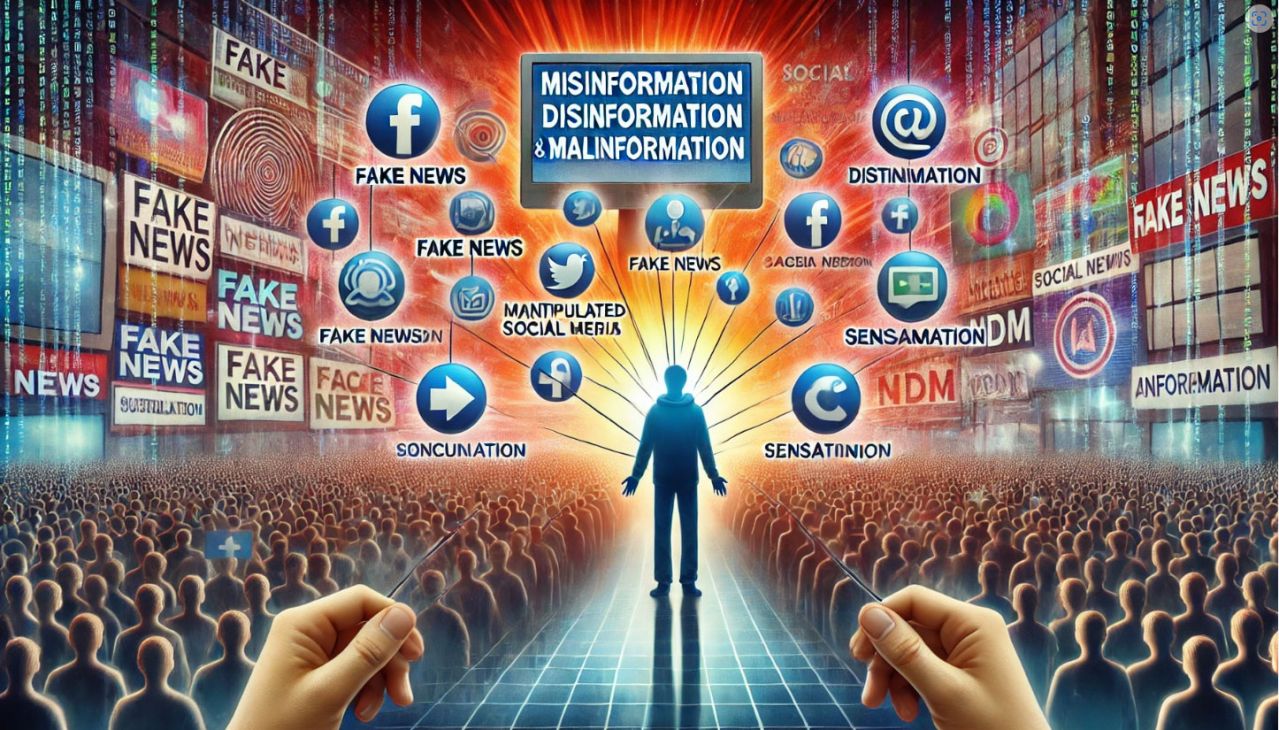The Truth About Lies
Misinformation isn’t random—it’s a political tool.
Törnberg and Chueri analyzed 32 million tweets from parliamentarians across 26 countries over six years.
Their findings? Radical-right populist parties are the primary drivers of misinformation online, using lies to erode trust in institutions and amplify cultural fears.
For example, claims of widespread election fraud, like those following the 2020 U.S. presidential election, didn’t just emerge in isolation.
They were pushed by radical-right figures to sow distrust in democracy, undermining public confidence and sparking political unrest.
Social Media: The Echo Chamber of Lies
Social media plays a pivotal role in amplifying falsehoods.
Algorithms prioritize sensational content—often misinformation—because it generates clicks and shares. According to the study, misinformation spreads six times faster than accurate information.
This creates echo chambers where people only encounter views that reinforce their biases, making them more susceptible to manipulation.
During the COVID-19 pandemic, for instance, false claims about vaccines causing infertility gained traction.
Not because they were credible, but because they were repeated often enough to seem plausible.
Such lies don’t just mislead—they harm public health.
Why Radical-Right Populists Rely on Misinformation
Radical-right populists thrive on fear and division.
They target cultural issues like immigration, national identity, and crime to provoke emotional responses.
By painting democratic institutions as corrupt and unreliable, they position themselves as the only trustworthy alternative.
The study highlights that these parties use misinformation to energize their base and undermine their opponents.
For instance, during elections, false claims about rival candidates or policies can shift public opinion and influence voter turnout.
Why This Matters to You
Even if you don’t believe the lies, you’re still affected.
Here’s how:
- Health Risks: Vaccine misinformation delays public health responses, endangering lives.
- Eroded Trust: Claims of election fraud discourage participation in democracy, weakening its foundations.
- Divided Communities: Polarizing narratives turn neighbors into adversaries, damaging social cohesion.
Misinformation isn’t just about bad information—it’s about control. When lies dominate public discourse, they shape policies, governance, and societal trust in ways that touch every aspect of life.
What You Can Do
You’re not powerless.
Here’s how to push back:
- Pause Before Sharing
Before reposting that shocking headline, ask: Is this credible? Who benefits if it’s false? - Diversify Your News Sources
Follow a variety of outlets to avoid falling into echo chambers. Independent fact-checking sites like Snopes or PolitiFact can help. - Demand Accountability
Hold platforms and politicians accountable. Advocate for transparency in algorithms and stricter penalties for spreading false information. - Educate Your Community
Share what you’ve learned about misinformation. Conversations with friends and family can go a long way in building awareness.
Why It’s Time to Act
Misinformation isn’t harmless—it’s reshaping the world you live in.
By understanding its sources and tactics, you can defend yourself and others from its corrosive effects.
The study by Törnberg and Chueri isn’t just academic—it’s a wake-up call for all of us to demand truth and accountability in public discourse.
For a deeper dive, explore the full study here: When Do Parties Lie? Misinformation and Radical-Right Populism Across 26 Countries.
Call to Action
Every share, like, and comment contributes to the spread of information—true or false.
By making informed choices and holding those in power accountable, we can resist the tide of political lies and build a stronger, more truthful society.
The next time you see a headline that stokes fear or anger, pause.
That moment of reflection could be the first step toward change.
Detailed Summary of "When Do Parties Lie? Misinformation and Radical-Right Populism Across 26 Countries"
Study Overview: This study, authored by Petter Törnberg and Juliana Chueri, delves into the intricate relationship between political parties and the spread of misinformation.
It investigates whether certain political ideologies or party attributes make them more likely to disseminate false or misleading information.
The study is based on an analysis of 32 million tweets from parliamentarians across 26 countries, covering a six-year period and multiple election cycles.
Key Research Questions:
- Which political parties are more prone to spreading misinformation?
- Is the spread of misinformation linked to populism broadly, or specifically to radical-right populism?
- How do structural changes in the media environment influence political misinformation?
Main Findings:
- Radical-Right Populism and Misinformation:
- Radical-right populist parties are significantly more likely to spread misinformation compared to other political parties.
- The spread of misinformation aligns closely with radical-right populism’s tendency to undermine democratic institutions, exploit distrust, and mobilize support through divisive narratives.
- Populism Alone Isn’t the Issue:
- Populism by itself—whether left-wing or right-wing—does not explain the spread of misinformation.
- However, when combined with right-wing ideologies, populist strategies are more likely to include misinformation campaigns.
- Social Media as a Tool:
- Social media platforms amplify misinformation, creating echo chambers where radical-right narratives thrive.
- Algorithms prioritize sensationalist and emotionally charged content, making it easier for misinformation to spread.
- Impact on Democracy and Trust:
- Misinformation erodes public trust in democratic institutions, destabilizes governments, and influences elections.
- The misinformation ecosystem promotes skepticism toward mainstream media and scientific expertise, further fragmenting societies.
Methodology:
- The study analyzed tweets from parliamentarians and matched shared URLs to databases like Media Bias/Fact Check (MBFC) and Wikipedia’s Fake News list to assess factuality.
- Party characteristics, such as populism, ideology, and government participation, were drawn from databases like ParlGov and V-Dem.
Key Insights for the Public:
- Misinformation Shapes Decisions: False claims can influence voter perceptions, health decisions, and public discourse. For example, narratives about election fraud or health misinformation during the COVID-19 pandemic have had tangible effects on societies.
- Radical-Right Strategies: These parties often frame the media and democratic institutions as corrupt elites, presenting themselves as the voice of the "pure people." This framing fuels divisiveness and strengthens their base through alternative media ecosystems.
- Echo Chambers and Trust: Social media users often encounter information that aligns with their beliefs, reinforcing biases and reducing trust in fact-based reporting.
Why This Matters: Misinformation is more than just an abstract problem—it directly affects the quality of governance, the effectiveness of public policies, and the health of democratic societies. Recognizing how political misinformation operates is critical for voters, policymakers, and platforms.
How to Combat It:
- Media Literacy: Encourage individuals to critically evaluate the information they consume and share.
- Platform Accountability: Social media platforms must take responsibility for amplifying falsehoods and adopt measures to curb misinformation.
- Support Quality Journalism: Strengthen fact-based reporting to counteract the proliferation of misleading narratives.
Conclusion: The study concludes that misinformation is not merely a byproduct of social media but a deliberate strategy employed by radical-right populist parties to gain political advantage.
Understanding this dynamic is vital for addressing the challenges misinformation poses to democracies worldwide.
For more details, you can access the study directly here: SAGE Journals - When Do Parties Lie?.
















